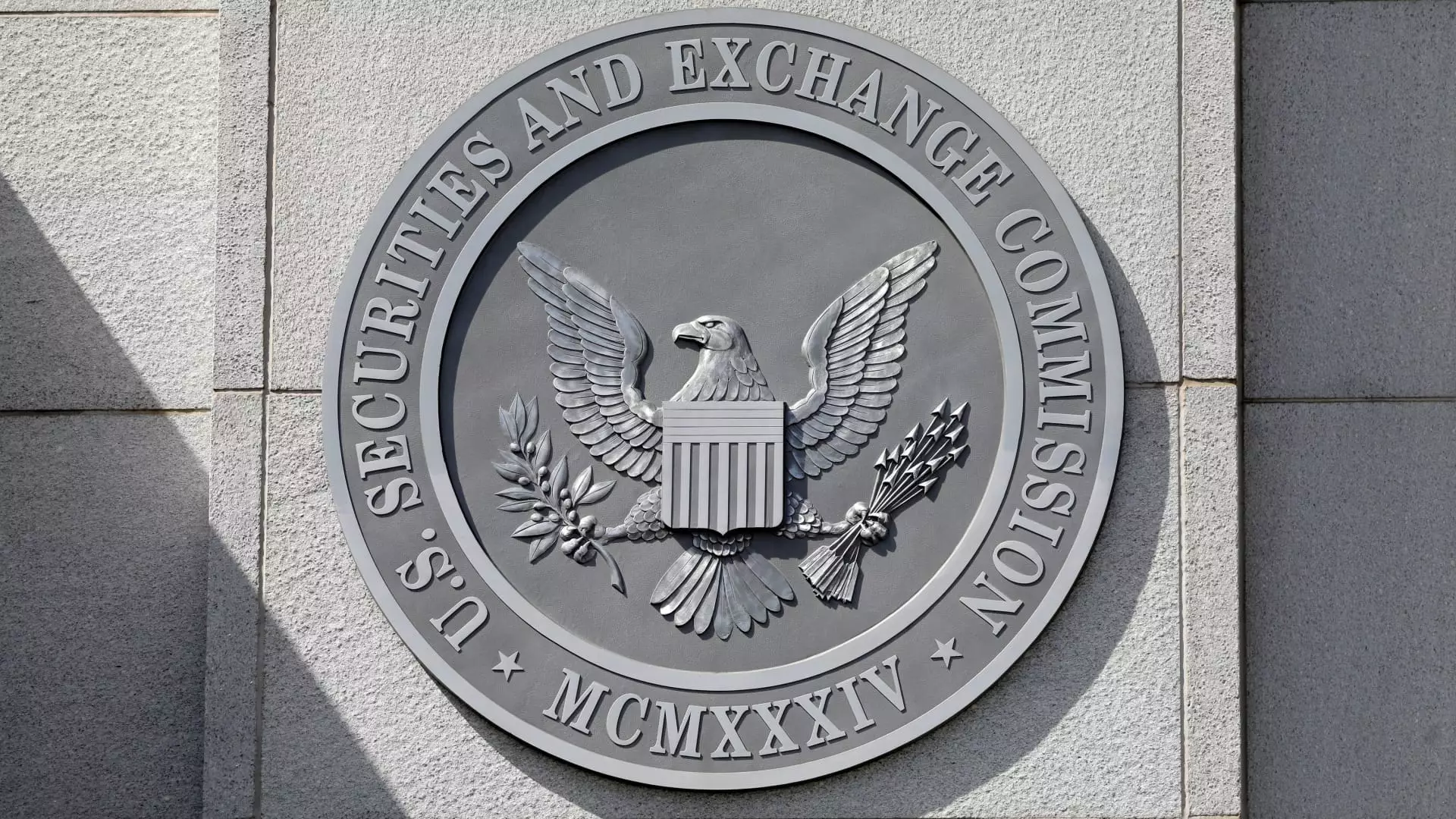The U.S. Securities and Exchange Commission (SEC) is currently navigating through significant procedural changes under new leadership appointed by President Donald Trump. These changes are pivotal not only for the agency’s operational framework but also for the overall landscape of financial regulation and corporate oversight in the United States. By introducing a policy that requires SEC attorneys to seek permission from a politically appointed committee before initiating formal investigations, the SEC is clearly setting a new course that could have profound implications for its enforcement capabilities and the firms it oversees.
Historically, the SEC has functioned as an independent agency, empowered to take action and initiate investigations without excessive political interference. However, recent reports indicate that enforcement staff are now mandated to obtain approval from the Commission—comprised of three members, two of whom are Republican—before launching any formal investigations. This alteration in the operational protocols marks a significant shift, as previously, many investigative powers were delegated to senior enforcement staff, allowing them to act promptly in response to potential violations within the financial markets.
This delegation of authority ensured that investigation procedures could be executed effectively, as lower-level staff possessed the competence to assess and respond to potential misconduct swiftly. The requirement for additional layers of approval may lead to slower investigative processes, thereby hampering the SEC’s ability to address urgent issues in real-time.
The introduction of this policy change raises concerns over the autonomy and judgment of the SEC’s enforcement staff. Critics argue that requiring political oversight for initiating investigations may deter whistleblowers, inhibit the ability of investigators to respond timely to malfeasance, and ultimately affect the agency’s credibility. With the new leadership’s aim to create a more ‘industry-friendly’ atmosphere, the enforcement staff could find themselves constrained and less empowered, raising pertinent questions about the Commission’s commitment to upholding rigorous standards of financial integrity.
In an environment where quick responses to misconduct are essential, the necessity of securing higher approval could lead to delays and missed opportunities for enforcement actions, potentially increasing the risk of harmful practices occurring within the financial sector.
The reactions to this transformational shift have been mixed. Proponents of the change argue that it introduces a level of sensitivity and caution in investigations, minimizing the potential harm to individuals subject to probes. By ensuring political oversight, they believe the SEC aims to protect individuals and businesses from capricious enforcement actions and decisions. However, such sentiments are met with skepticism from those within the industry who fear that this new direction signals a regression into a more lenient enforcement landscape.
Steven Peikin, a former SEC co-director of enforcement, recently remarked on the significance of this shift. By suggesting that focusing on formal order authority is a waste of resources, he highlights a broader concern: the potential inefficiency introduced by the new protocol could shift focus away from significant enforcement actions that safeguard market integrity.
The implications of this procedural overhaul remain to be fully understood, especially in the context of President Trump’s broader objectives for federal agencies. The President’s inaugural orders, which aimed at eradicating the “weaponization” of government entities, particularly in terms of regulatory scrutiny, may have compounded effects on how financial regulations are enforced moving forward.
One crucial aspect to monitor will be how this directive influences the SEC’s operational efficiency, as well as its relationship with the industry it regulates. As enforcement becomes more centralized and potentially politicized, balancing regulatory oversight with an accommodating approach towards market participants will be an ongoing challenge for the SEC.
The SEC is at a crossroads that could redefine its investigative capabilities and regulatory ethos. While aiming to introduce a more controlled and cautious approach to enforcement, the agency risks undermining its core mission of protecting investors and maintaining market integrity. As the newly appointed leadership navigates these waters, stakeholders across the financial sector will need to remain vigilant and adaptive to the changing dynamics of one of the nation’s most critical regulatory bodies. The full impact of these changes will likely unfold over time, and their effectiveness in balancing industry needs with robust regulatory practices will be closely scrutinized.

Leave a Reply